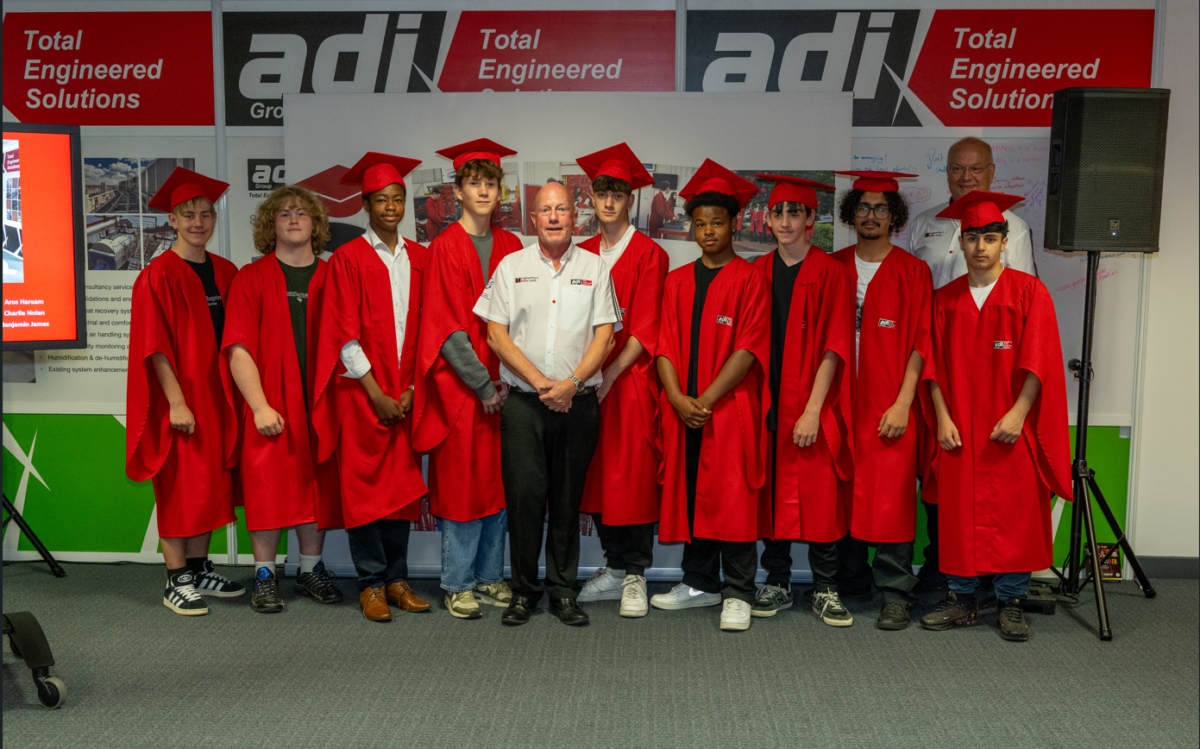From Education to Employment: Action Plan for Future Skills in the Context of the 2024 General Election

As the 2024 General Election approaches, the focus on future-proofing the workforce has never been more critical. The evolving job market demands a diverse skill set to navigate advancements in technology, green initiatives, and healthcare. This article explores the essential skills required for the future, aligned with political and economic goals, and outlines strategic actions to prepare the workforce for upcoming challenges.
Identify Key Sectors and Skills
AI and Digital Transformation: The rapid growth of AI, machine learning, data analysis, and cybersecurity underscores the need for digital literacy across all sectors. These skills are pivotal for enhancing productivity and driving innovation. The Labour Party’s emphasis on digital transformation highlights the importance of equipping the workforce with these competencies to stay competitive globally (LabourList).
Green Technologies: As part of a sustainable future, skills in renewable energy, green hydrogen, and sustainable practices are paramount. Labour’s commitment to doubling green hydrogen production and supporting new nuclear projects illustrates the necessity for expertise in these areas. Developing these skills will be crucial in meeting environmental goals and fostering economic growth (LabourList) (NFER).
Healthcare: With the aim to reduce NHS waiting times and enhance healthcare services through technology, skills in medical technology, digital health, and patient data management are essential. Labour’s healthcare policies focus on integrating technology to improve efficiency and patient outcomes, necessitating a skilled workforce in these domains (LabourList).
Educational and Training Initiatives
Upskilling and Reskilling Programmes: Continuous learning and professional development are vital for bridging the skills gap. Vocational training and online courses offer accessible opportunities for individuals to acquire necessary skills. Such initiatives are crucial for adapting to the fast-paced changes in the job market (Deloitte United States).
Integration with Industry Needs: Collaboration between educational institutions and industries is key to aligning curriculums with market demands. This ensures that students are well-prepared for future job markets, fostering a workforce that meets the evolving needs of various sectors (NFER).
Government Support for Education
Policies supporting STEM education and vocational training are essential for building a skilled workforce. Increased funding and resources will enhance learning opportunities in these fields, addressing the critical need for expertise in technology and green industries (CIPD).
Incentives for Businesses
Offering incentives for businesses that invest in employee training and development ensures they remain competitive in a rapidly changing job market. These incentives encourage companies to prioritise continuous learning and skill enhancement (CIPD).
Inclusive Policies
Creating an inclusive workforce that reflects the diversity of the population is imperative. Policies supporting underrepresented groups in accessing education and employment opportunities will foster a more equitable and dynamic workforce (CIPD).
Future-Proofing the Workforce
Emphasise Adaptability and Lifelong Learning: Promoting a culture of lifelong learning where individuals continuously update their skills is crucial. This adaptability is essential for staying relevant amid technological advancements and shifting job landscapes. Encouraging lifelong learning will help build a resilient and future-ready workforce (Deloitte United States).
Fostering Innovation and Creativity: Encouraging innovative thinking and creativity within educational curriculums and workplace environments is essential for future success. These skills will enable individuals to develop new solutions, adapt to changing circumstances, and drive progress in their respective fields (Deloitte United States) (Institute of Physics).
Building Stronger Public-Private Partnerships: Strengthening collaborations between government, educational institutions, and private sectors will enhance the implementation of effective training programmes and initiatives. These partnerships can ensure that the education system meets the evolving needs of the job market and supports economic growth (Institute of Physics).
Call to Action
As we look toward the future, it is imperative to engage in discussions, support relevant policies, and participate in upskilling programmes. Community and industry collaboration play a vital role in building a resilient workforce ready to tackle the challenges and opportunities of tomorrow. By prioritising these actions, we can ensure a prosperous and sustainable future for all.
Final Thoughts
In the context of the 2024 General Election, preparing for the future involves a strategic focus on essential skills, robust educational initiatives, supportive policies, and an inclusive approach. By addressing these areas, we can build a workforce that is not only skilled and adaptable but also prepared to lead in a rapidly evolving world. As part of our ongoing commitment to advancing AI and leadership in education, Kurt Hintz, Former Principal at Capital City College Group and I are producing a podcast series that delves into these critical topics. This series examines the intersection of AI, further education (FE), and leadership, focusing on the skills needed for sector transformation. Featuring incredible guests from across the sector, our discussions aim to provide valuable insights and practical guidance for educators and leaders navigating the rapidly evolving landscape of AI and digital transformation. Follow these engaging conversations and stay updated on the latest developments in AI and education via the podcast here.
By Richard Foster-Fletcher, Chair of Morality and Knowledge in Artificial Intelligence (MKAI)











Responses